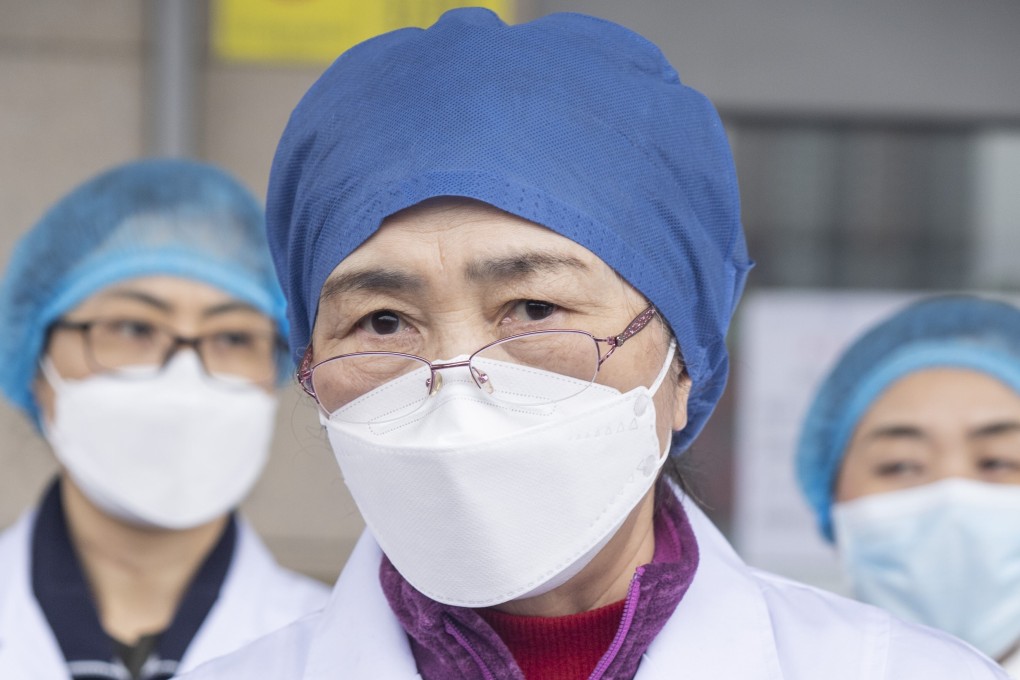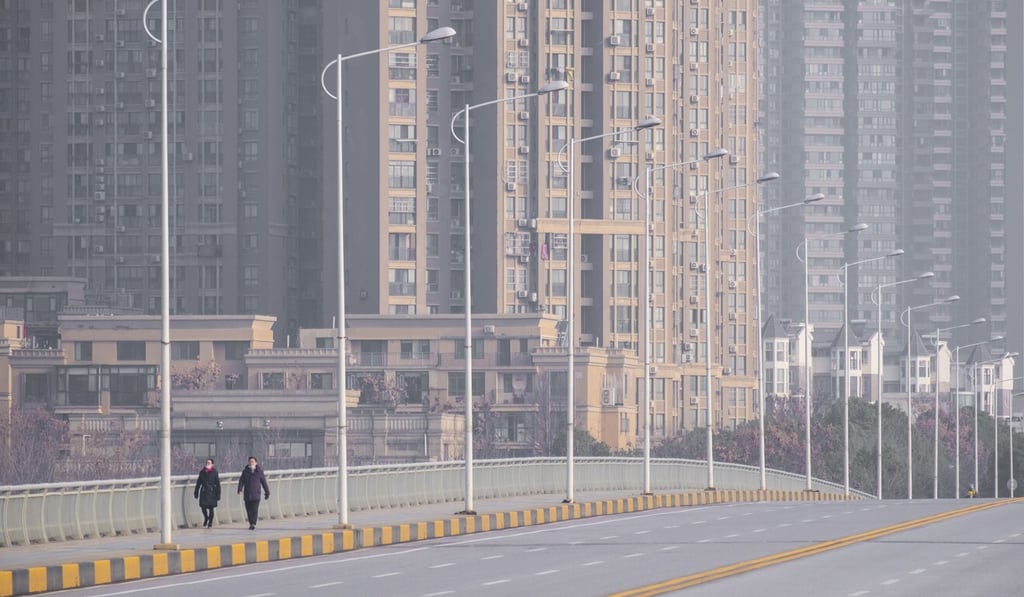Build-up to coronavirus lockdown: inside China’s decision to close Wuhan
- Chinese doctor tells of expert team’s crisis trip to site of disease outbreak
- Decision to seal off city and Hubei province was made to curb Lunar New Year travellers

In two recent interviews with Chinese media, Li Lanjuan, a member of the high-level expert team convened by the National Health Commission, disclosed details of experts’ discoveries in hospitals in Wuhan and their reports to Chinese leaders in Beijing between January 17 and January 23, the day Wuhan had lockdown imposed.
Dr Li, a 72-year-old expert in epidemiology, told Global People, a People’s Daily-affiliated magazine, that on January 17 she had learned from private channels that medical staff in Wuhan had been infected with an unknown pneumonia-like disease.

On the same day, Li contacted the National Health Commission in Beijing and asked for permission to go to Wuhan. The next day, China sent a six-member expert team, including Li and respiratory expert Zhong Nanshan, to Wuhan.